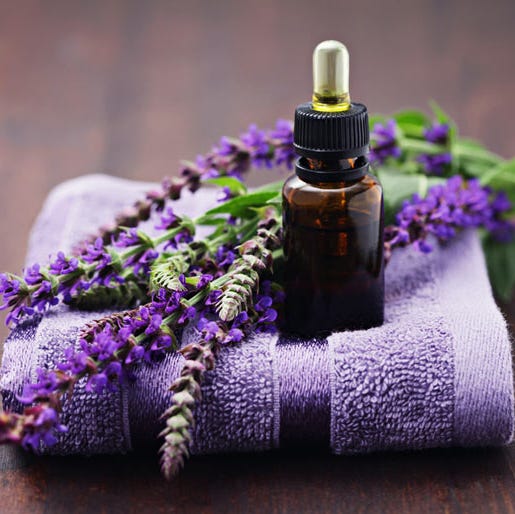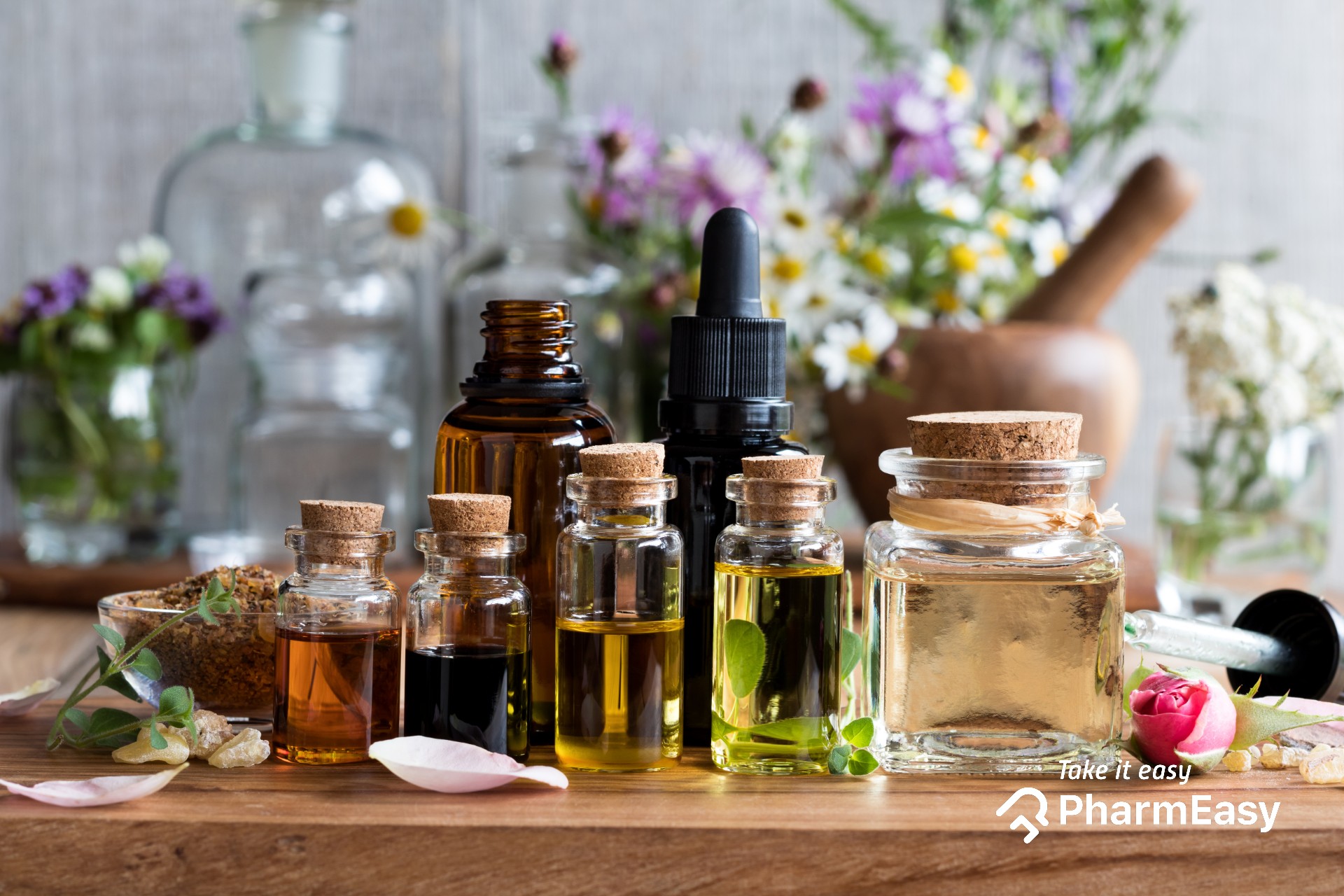Welcome to our comprehensive guide on essential oils.
In this article, we will delve into the origins, extraction process Nila aromatherapy, therapeutic benefits, and various types of essential oils.
Whether you are new to the world of aromatherapy or a seasoned enthusiast, this informative piece will equip you with the knowledge to incorporate these powerful plant-based remedies into your daily routine.
Get ready to embark on a journey of exploration and discover the incredible potential of essential oils for your well-being.

The Origins of Essential Oils
The origins of essential oils can be traced back to ancient civilizations where they were used for their therapeutic properties. The history of essential oils dates back thousands of years, with evidence of their use found in ancient texts and archaeological discoveries.
Ancient Egyptians were known to have used essential oils in their religious ceremonies, while the Greeks and Romans used them for their medicinal properties. The Chinese and Indians also have a long history of using essential oils in traditional medicine. These ancient civilizations recognized the power of plant extracts and their ability to treat various ailments.
The knowledge and understanding of essential oils have been passed down through generations, leading to the development of modern aromatherapy and the continued use of these oils for their healing properties.
Understanding the Extraction Process
The extraction process of essential oils involves utilizing various methods to obtain the concentrated aromatic compounds from plant materials. These oils are highly valued for their therapeutic and aromatic properties, making them popular in the field of aromatherapy.
One common method of extraction is steam distillation, where steam is passed through the plant material, causing the essential oil to evaporate and then condense. Another method is cold-press extraction, primarily used for citrus fruits, where the oil is obtained by mechanically pressing the fruit rind.
The benefits of aromatherapy are extensive, ranging from stress relief and relaxation to boosting mood and promoting better sleep. Some popular essential oil scents include lavender for relaxation, peppermint for energy and focus, and lemon for a refreshing and uplifting aroma.
Exploring the Therapeutic Benefits
Aromatherapy has been shown to have numerous therapeutic benefits, including stress reduction, mood enhancement, and improved sleep quality.
The healing properties of essential oils are derived from their unique chemical composition. Different oils have different effects on the body and mind, which make them useful in various aromatherapy techniques.
For stress reduction, calming essential oils like lavender and chamomile are commonly used. These oils have a soothing effect on the nervous system, promoting relaxation and reducing anxiety.
Mood enhancement can be achieved through uplifting oils such as citrus oils like lemon and bergamot, which have an invigorating and energizing effect.
Improved sleep quality can be facilitated by using oils like lavender and vetiver, which have sedative properties and promote a sense of calmness.
Aromatherapy techniques like diffusing oils, massage, and inhalation are commonly used to harness the therapeutic benefits of essential oils.

Different Types of Essential Oils
Different types of oils, such as lavender and citrus, have distinct properties that can be utilized in various aromatherapy techniques. Aromatherapy is a holistic healing practice that uses essential oils extracted from plants to promote physical, emotional, and mental well-being.
Lavender oil, for example, is known for its calming and soothing properties, making it an excellent choice for relaxation and stress relief. Citrus oils, on the other hand, like lemon and orange, are invigorating and uplifting, making them perfect for boosting mood and energy.
There are also popular essential oil blends that combine different oils to create unique therapeutic effects. For instance, the blend of lavender, bergamot, and chamomile can help promote sleep and relaxation. Peppermint and eucalyptus, when blended together, can provide relief from congestion and headaches.
The benefits of aromatherapy and the wide range of essential oils available make it a versatile and effective natural remedy for various health concerns.
How to Incorporate Essential Oils Into Your Daily Routine
Incorporating the therapeutic properties of various plant extracts can enhance your daily routine and promote overall well-being.
One way to do this is by diffusing essential oils. Diffusing essential oils not only fills your home with a pleasant aroma but also provides numerous benefits for your health and well-being. When diffused, essential oils can purify the air, improve respiratory function, uplift mood, and reduce stress.
Additionally, creating your own DIY essential oil blends allows you to customize the scent and therapeutic properties to suit your needs. Whether you’re looking to relax, boost energy, or improve focus, there are countless essential oil combinations to explore.
Conclusion
In conclusion, essential oils are highly concentrated plant extracts that have been used for centuries for their therapeutic benefits. They are extracted through various methods such as steam distillation or cold pressing.
Each essential oil has its own unique properties and can be used in a variety of ways, from aromatherapy to skincare. Incorporating essential oils into your daily routine can enhance your overall well-being and promote a sense of relaxation and balance.
